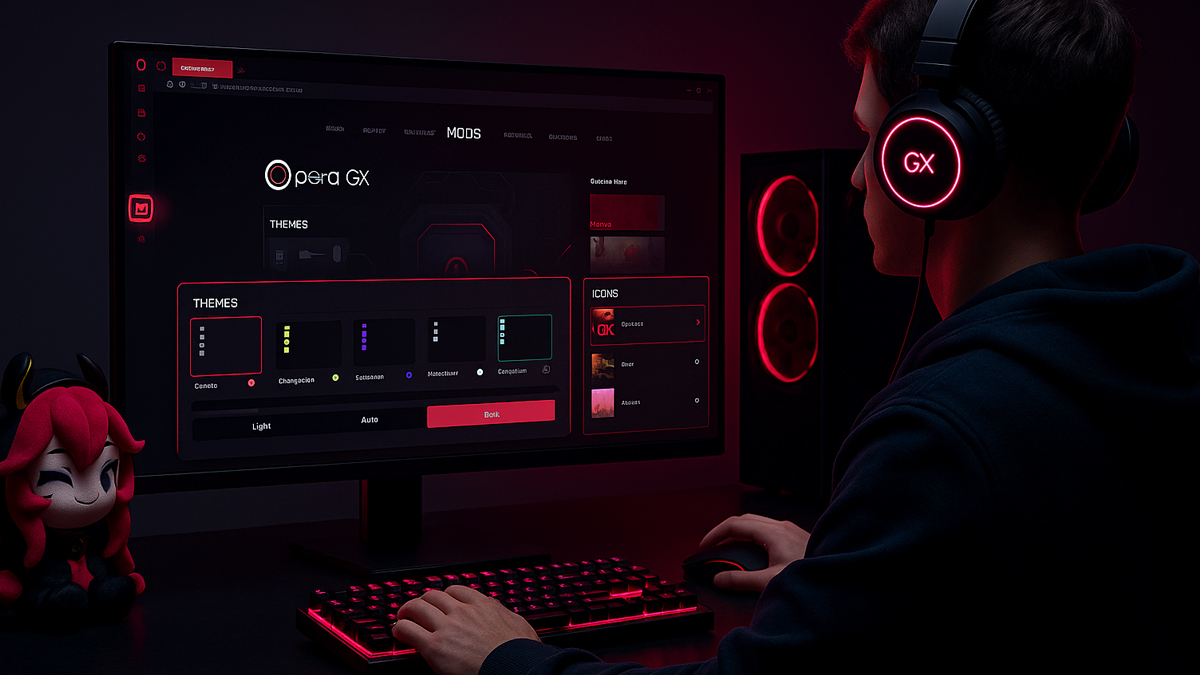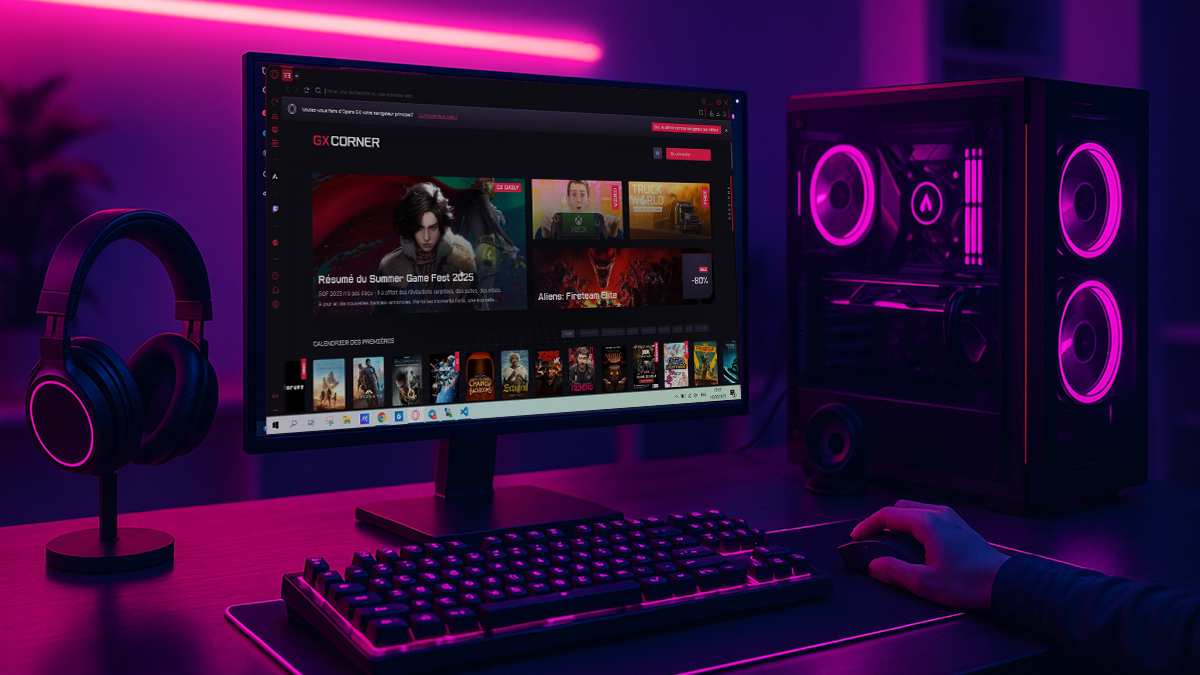Okay, let’s clear something up. VPNs and proxies might seem like techy twins—both help you hide your IP, both can make it look like you’re somewhere else, and both get thrown around in conversations about privacy. But they’re not the same. Not even close.
A VPN (Virtual Private Network) is like a private, encrypted tunnel between your device and the internet. It scrambles your data so no one—not your internet provider, not hackers, not the creepy guy sipping espresso on public Wi-Fi—can see what you’re doing. It also hides your IP, making it tougher to track your location or identity online.
Curious how VPNs actually work behind the scenes? Here’s a simple guide that breaks it all down — from encryption to protocols — in plain English.
A proxy, on the other hand, is more like a digital detour sign. It sends your request to another server, and that server fetches the website for you. It hides your IP from the website, sure—but your traffic isn’t encrypted, so anyone watching (like your ISP or someone on the same network) can still peek.
So if VPNs are armored trucks, proxies are more like borrowed bikes. They’ll get you somewhere else, but don’t expect full protection on the way.
Use cases: when to use which
So, when do you actually need one or the other? Let’s look at a few real-life situations.
Let’s say you’re working remotely from a hotel room, logging into company systems, or accessing your bank. A VPN is your best friend here. It secures everything you send and receive, even if the hotel Wi-Fi is sketchy. It’s the digital equivalent of locking every door and window before you go to sleep.
Now, maybe you just want to watch a show that’s only available in Canada while you’re in Spain. You’re not dealing with sensitive data—you just want to trick a streaming service. That’s where a proxy might be fine. It’s quick, it’s light, and for simple tasks, it does the job.
You might also use proxies in school or office settings where admins block certain sites. They’re often used for content filtering or bypassing restrictions. Just don’t expect full anonymity.
| Use case | VPN | Proxy |
|---|---|---|
| Secure remote work | Yes, encrypted and private | No, not safe for sensitive info |
| Watching geo-blocked shows | Works well | Works too, often faster |
| Bypassing basic site blocks | Overkill, but works | Simple and fast |
Privacy & security differences
Here’s where things really split. Proxies don’t encrypt your traffic. That means if you’re using one on public Wi-Fi, your data is just floating out there—readable by anyone curious enough to look. Your ISP can still see what sites you’re visiting. So can some third-party trackers.
VPNs, though, wrap your traffic in encryption. Think of it like whispering inside a soundproof booth. Even if someone sees you, they can’t hear what you’re saying. That’s huge when you’re dealing with personal info, passwords, or private conversations.
A hacker on the same café Wi-Fi as you? With a proxy, they might catch your login credentials mid-air. With a VPN, they’d just see gibberish. For anyone even slightly privacy-conscious, that makes a difference.
Which one fits you?
If you’re just flipping virtual locations to watch TV or bypass a school block, a proxy might be enough. But if you’re looking for true privacy and security—especially on public networks or while handling sensitive stuff—a VPN is the better call.
Need help picking the right VPN this year? Check out this 2025 VPN guide — it’ll walk you through key features to consider, depending on how you plan to use it.
Think about what matters most to you: speed and simplicity, or peace of mind. Choose based on that. No wrong answers just better fits.








